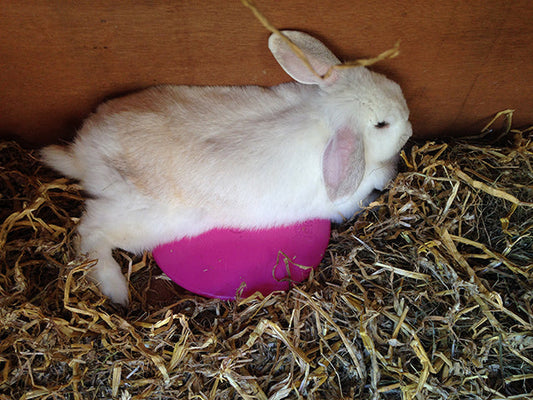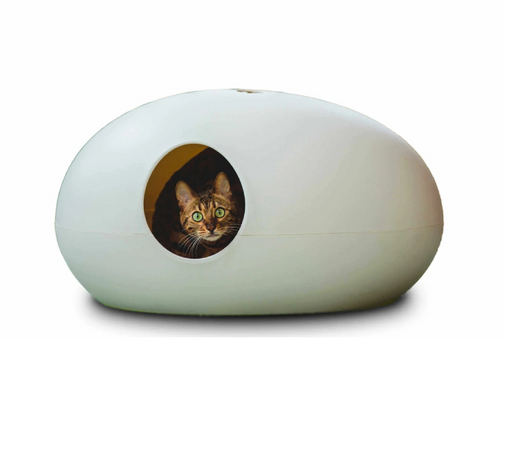Blog

Choosing the Best Rabbit Hutch: A Complete Guid...
As a rabbit owner, one of the most important decisions you’ll make is selecting the right hutch for your furry friend. Your rabbit's home plays a vital role in their...
Choosing the Best Rabbit Hutch: A Complete Guid...
As a rabbit owner, one of the most important decisions you’ll make is selecting the right hutch for your furry friend. Your rabbit's home plays a vital role in their...

A Guide to Feeding Rabbits: Keeping Your Bunny ...
Feeding your rabbit a balanced and nutritious diet is essential for their health and well-being. Just like humans, rabbits thrive on variety, and providing them with the right combination of...
A Guide to Feeding Rabbits: Keeping Your Bunny ...
Feeding your rabbit a balanced and nutritious diet is essential for their health and well-being. Just like humans, rabbits thrive on variety, and providing them with the right combination of...

Cat Houses Guide: Creating the Perfect Home for...
As a cat owner, providing a comfortable and secure home for your pet is essential. A cat house serves as more than just a shelter – it's a sanctuary where...
Cat Houses Guide: Creating the Perfect Home for...
As a cat owner, providing a comfortable and secure home for your pet is essential. A cat house serves as more than just a shelter – it's a sanctuary where...

Keeping Pets Warm: A Winter Guide for UK Pet Ow...
Winter’s chill can make life challenging for our beloved pets, particularly those that live outdoors. Rabbits, guinea pigs, and other small animals are accustomed to snuggling into burrows to stay...
Keeping Pets Warm: A Winter Guide for UK Pet Ow...
Winter’s chill can make life challenging for our beloved pets, particularly those that live outdoors. Rabbits, guinea pigs, and other small animals are accustomed to snuggling into burrows to stay...

The Ultimate Guide to Cat Beds
As devoted cat owners, we all know how much our feline friends love their beauty sleep. Cats sleep a lot, around 12 to 16 hours a day. It's important to...
The Ultimate Guide to Cat Beds
As devoted cat owners, we all know how much our feline friends love their beauty sleep. Cats sleep a lot, around 12 to 16 hours a day. It's important to...

International Dog Day: DIY Dog Accessories
As we celebrated International Dog Day this weekend, what better way to show your furry friend some extra love than by creating unique and stylish DIY dog accessories? Whether it's...
International Dog Day: DIY Dog Accessories
As we celebrated International Dog Day this weekend, what better way to show your furry friend some extra love than by creating unique and stylish DIY dog accessories? Whether it's...
Sign up for more
Be the first to know about new collections and exclusive offers.
